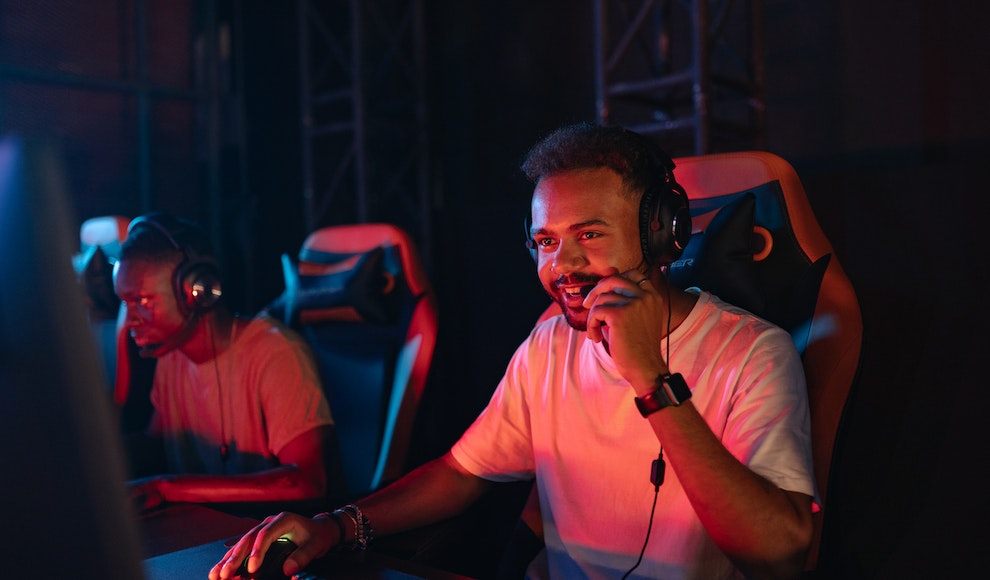
Made Online: A Look at How Gamers Launch Their Careers
At the turn of the millennia, the idea of making a living from gaming online was just in its infancy. In places like Exeter, most people were still working in physical positions, whether in an office, in a retail location, or at some other job site. In other words, the idea of a remote or virtual job was almost nonexistent.
Especially a virtual job that involved gaming. The idea of a person making a living from their ability to outperform others in video games simply didn’t exist. However, this has now changed. The modern gaming industry has turned entertainment on its head. Today, eSports teams compete against one another with just as much spectator flair as popular sports.
Top gamers accrue millions of fans and followers—plus an earning from sponsorship deals. Meanwhile, gamers who choose to stream their exploits (rather than compete in an eSports league) can still earn top dollar. A savvy Twitch streamer, for example, can make well above £2,500 a month, while an eSports pro can make upwards of £250,000 a year for their work.
But before modern eSports took over, the original gamers making their fame and fortune while competing had nothing to do with video games. Instead, it was all about poker. Let’s explore the modern world of virtual gamers and how they’re launching their careers.
Inside Poker’s Satellite Model
The first ‘gamers’ to create careers from their mental skills and interests were poker players. Back in the 1970s, the World Series of Poker (WSOP) made the game a global affair with its televised Main Event competitions. Over the decades, interest in poker grew, eventually leading to televised tournaments in the 1990s that involved ‘hole cams’. These cameras let viewers see the cards in play, adding a new dimension to spectatorship.
In the early 2000s, poker became the first game to truly boom online. In other words, virtual players were able to start competing with seasoned pros who made their name at physical tables. Today, this tradition continues. Let’s explore EPT, the European Poker Tour.
Platforms such as PokerStars have helped steer the development of what’s known as ‘poker satellites’. These satellites are competitions in which virtual players compete for the chance to earn an invitation to an official in-person EPT event. This means that any player can improve their game online to the point that they receive an invite to official tournaments with larger prize pools. From there, they can launch their own poker careers, gaining fame and respect in the industry.

Enter Twitch
Poker’s satellite model has proved incredibly popular. However, traditional video gamers don’t always move from online to in-person competitions. Instead, they’re able to choose from two highly lucrative paths. The first is to stick to streaming platforms like Twitch, while the second is to launch their eSports careers by joining a team.
As outlined above, both Twitch streamers and eSports players are able to earn top dollar thanks to their gaming exploits. But both sectors are distinct. A Twitch streamer might not be the most qualified gamer competing—instead, their focus is on entertaining followers and engaging with them in new and meaningful ways.
eSports gamers, on the other hand, aren’t as concerned with fanfare. Instead, they spend their days training with their teammates in order to improve their skills. They’ll battle it out in regional qualifiers for leagues with the hope of advancing to a global championship series. In other words, their trajectory closely mirrors a traditional athlete’s—from their salary to their contract stipulations to their sponsorship deals.
To Stream or to Compete?
So, how does a gamer decide whether they want to spearhead their own career by launching a stream on Twitch (or a platform like YouTube) versus trying to compete on an eSports team? Oftentimes, eSports teams recruit players based on their Twitch followings and gaming sessions—either to join a collegiate team or a pro team. This means that some gamers are offered a chance to advance, while others aren’t. However, some Twitch streamers who could compete in eSports prefer to maintain autonomy by managing a stream instead.



















